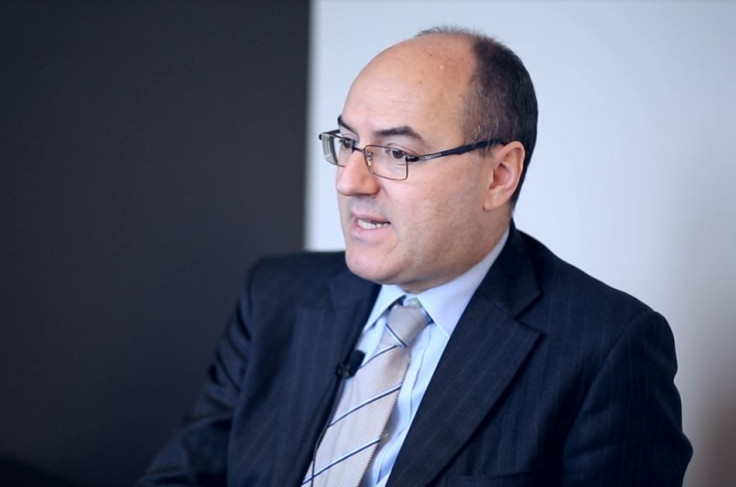Enrico Letta's Grand Coalition Could End Italy's 'Lingering Civil War' [VIDEO]
Prof Giovanni Orsina claims recent election gave new life to coalition led by centre-left politician

Italy's "grand coalition" under Prime Minister Enrico Letta was the big winner in local elections which saw the battered centre-left take victory in Rome and other major cities, according to an Italian politics expert.
Supporters of Letta's Democratic Party (PD), which nearly collapsed after losing a 10-point lead in February's inconclusive general election, have come to terms with their role in government, say italian political experts.
"[They] have finally accepted that their party is governing with traditional rivals of Silvio Berlusconi's centre-right," Giovanni Orsina, professor of history at Rome's Luiss-Guido Carli University, told IBTimes UK.
The result was particularly remarkable in Rome, where PD's surgeon-turned-politician Ignazio Marino defeated incumbent mayor Gianni Alemanno, a former neo-fascist youth leader, with 64% of the vote.
Letta's uneasy coalition "is a unique window of opportunity for Italy," said Orsina. "[The country has been living] in a kind of crypto, non-declared civil war in the last 20 years."
Despite the relief afforded by the local election results, the record-low turnout in the capital of 45% - down from 63% in 2008 - reflected widespread disillusionment with the political establishment and with corruption, waste and mismanagement at all levels, added Orsina.
"There's a hardcore of left-wing voters who are the only ones who are going to vote [at every] election while the centre-right go [only] when there is something very important at stake, like national elections," he said.
The anti-establishment Five Stars Movement established by comic Beppe Grillo also performed badly in the elections.
"Grillo is entering a negative phase," Orsina claimed. "It looks like this might be the beginning of a collapse.
"Grillo thrives on the weakness of others but the reasons for his outstanding success in February's election are also the reasons which make his political situation untenable."
Orsina, who at Luiss is also deputy director of the School of Government and director of the masters in European Studies, has just published Understanding Berlusconi: An historical interpretation, in which he analyses the evolution of "Berlusconism" over the last 20 years from a political and historical point of view.
In the book, he argued: "Italy's been living a civil war since its unification in 1861. The struggle between Berlusconians and anti-Berlusconians was building a previous civil war between communists and anti-communists, fascists and anti-fascists. Berlusconi is not a cause, he's the consequence."
One of the main obstacles to ending that "civil war" is Berlusconi's judicial troubles, he said.
"If he receives a final sentence [from the Supreme Court], the anti-Berlusconians' temptation to go for a political kill will become stronger and stronger. This opens problems because the man will not go easily."
© Copyright IBTimes 2025. All rights reserved.






















